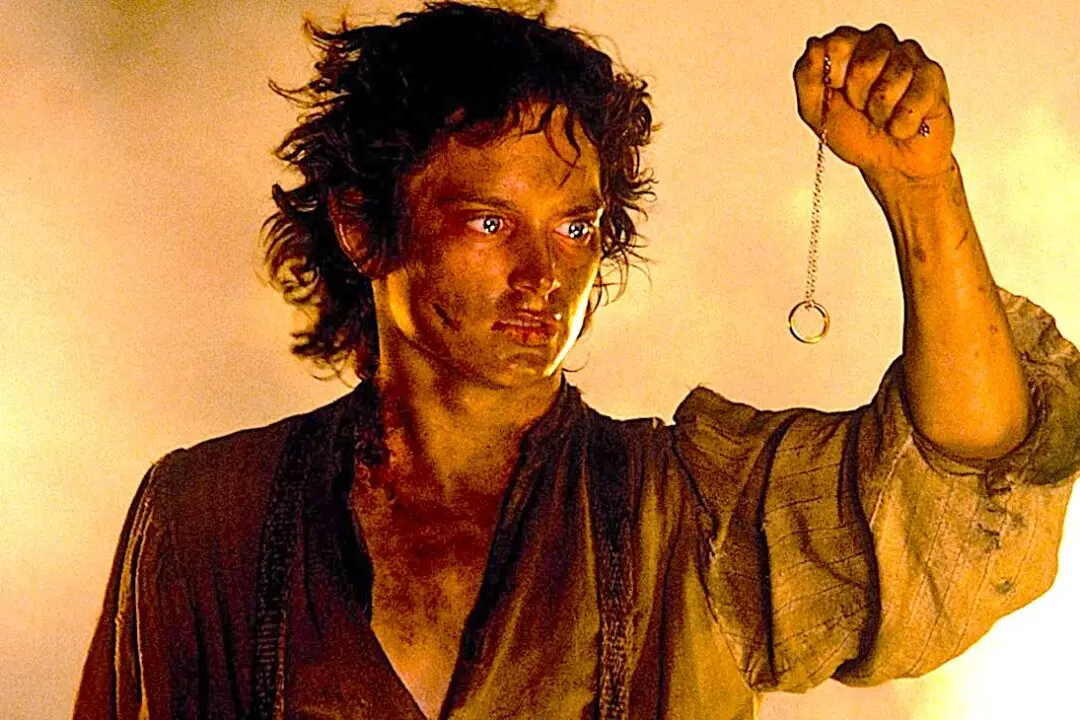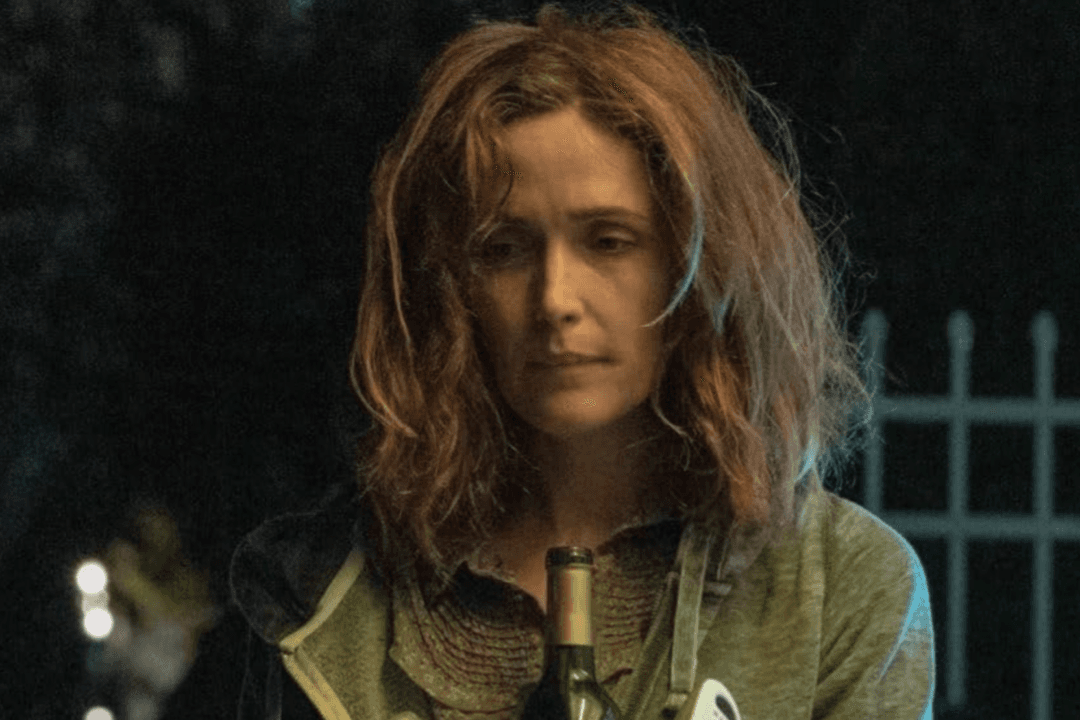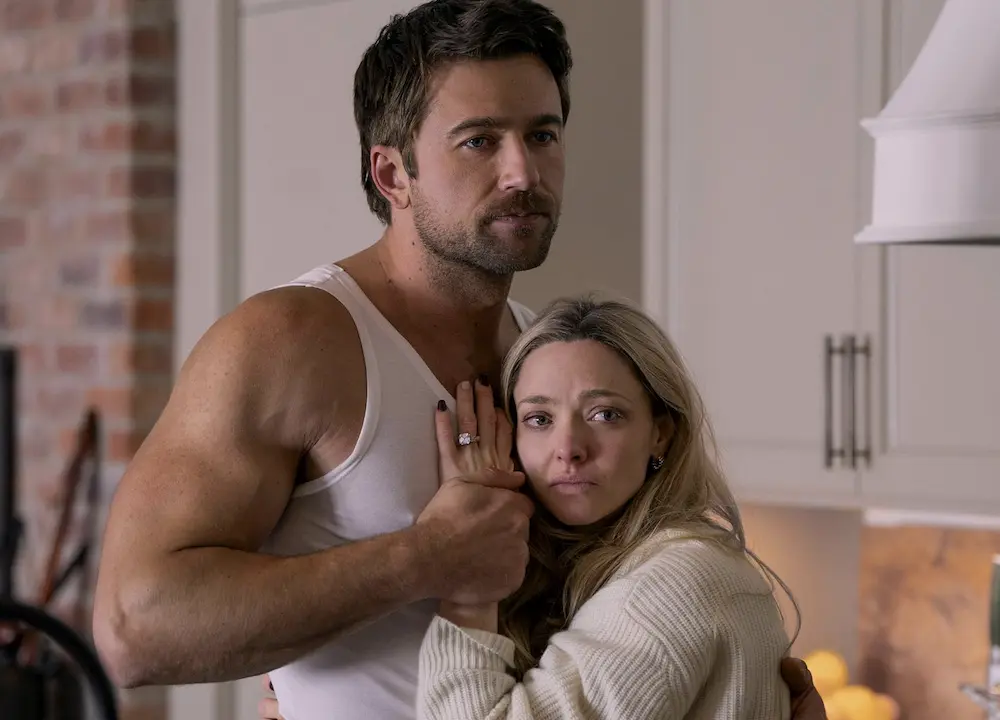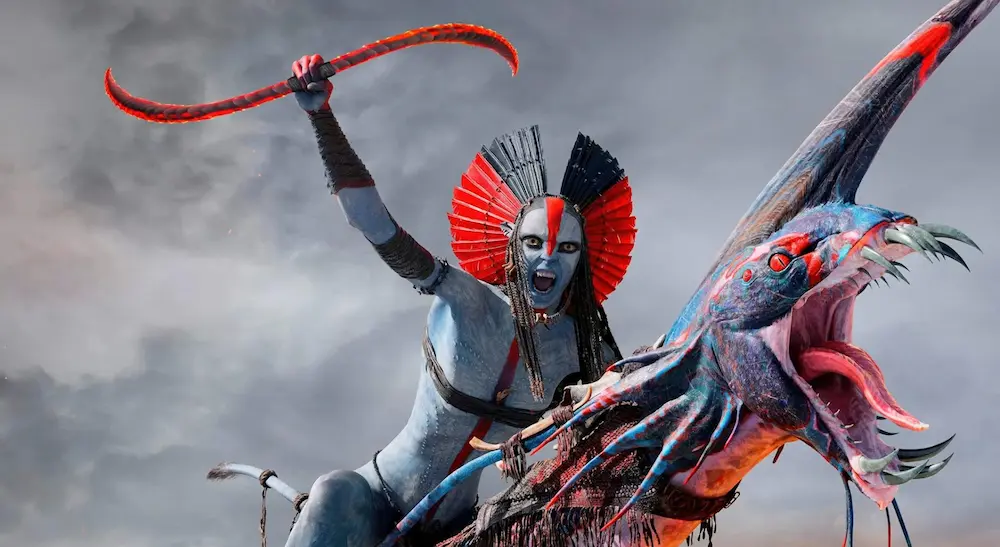“Black Panther” is now the highest-rated Marvel movie of all time. We can’t get enough superhero action. Why? Modern science has proven that human beings can actually develop supernormal abilities; the ancients knew there were many more than just a few. Our current culture is now starting to rediscover this, and so this proliferation of superhero movies is reflecting that.
Movie Review: ‘Black Panther’: Highest-Rated Marvel Movie Reflects Current Political Conundrums

Mark Jackson
Film Critic
|Updated:
Mark Jackson is the senior film critic for The Epoch Times and a Rotten Tomatoes-approved critic. Mark earned a bachelor's degree in philosophy from Williams College, followed by classical theater conservatory training, and has 20 years' experience as a New York professional actor. He narrated The Epoch Times audiobook "How the Specter of Communism Is Ruling Our World," available on iTunes, Audible, and YouTube. Mark is featured in the book "How to Be a Film Critic in Five Easy Lessons" by Christopher K. Brooks. In addition to films, he enjoys Harley-Davidsons, rock-climbing, qigong, martial arts, and human rights activism.
Author’s Selected Articles



